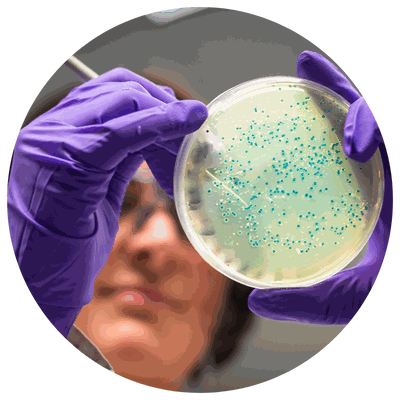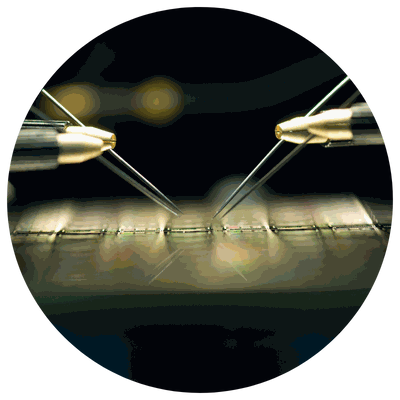Sustainably sourced microbial nanowires as chemical tracers takes health monitoring to the next level
March 16, 2023 | Biotechnology
University of Massachusetts Amherst (UMass) - A group of scientists searched and wondered for a technology that could sniff out a wide range of medical conditions. To make this breakthrough, senior authors and professors, Derek Lovley and Jun Yao looked to human noses as their basis for the mechanism.
Human noses contain hundreds of sensitive receptors that are responsive to one specific molecule, making them more efficient than any device that could be chemically or mechanically engineered. Rather than relying on synthetic material, Lovley and Yao decided to leverage on the biological design of the nose itself.
Back To Top

